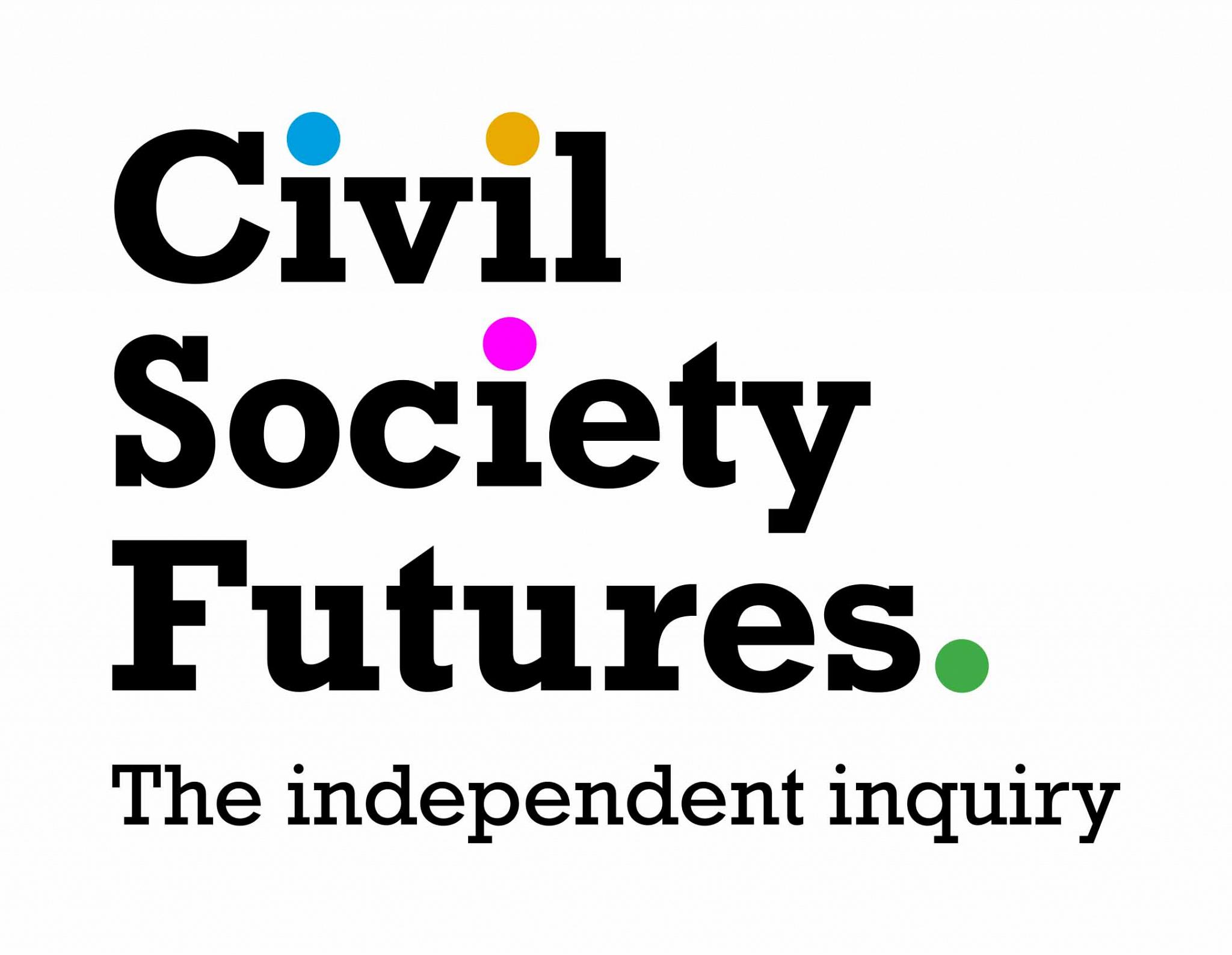Goldsmiths leads major inquiry into future of civil society
Primary page content
Academics from Goldsmiths, University of London are to play a leading role in a new inquiry examining the future of civil society in England.

The Civil Society Futures inquiry will use community events, academic research, and online debates to look at what the future holds for civil society in an ever-changing world.
The inquiry was launched on Thursday 20 April at the NCVO Annual Conference in London.
Everyone is involved in civil society – through everything from engaging with charities to joining local community or faith groups or forming informal friendship networks or protesting for social and political change.
Yet over the next decade such networks and groups will need to adapt to a host of challenges such as demographic change, financial crises, Brexit and climate change.
The two-year project is inviting people to have their say about their hopes and fears for the future of civil society as well as hosting their own conversations about what it means for their communities.
These conversations will contribute to a bank of visions for civil society which will be featured online and help to inform the research process.
People can take part through visiting the Civil Society Futures hub.
Goldsmiths is on the inquiry's directorate alongside Forum for the Future, openDemocracy and Citizens UK.
Natalie Fenton, Professor of Media and Communications at Goldsmiths and research leader on the project, said: "The world is changing fast and we know that civil society networks and groups are having to adapt.
"As part of this inquiry our research will be inspired by particapatory action research, involving local workshops around England, local community researchers working with and interviewing people across the country to determine how things are changing and how civil society can best respond to the challenges ahead."
Speaking at the NCVO Annual Conference, Julia Unwin, Chair of Civil Society Futures, said: "From the economy to the environment, more and more of us are looking ahead with fear.
"But history shows that civil society has always taken on the biggest of challenges. We have always adapted and grown to meet the scale of the crises before us.
"So be assured: we will learn from each other, we will change once more, and we will, once more, meet the new challenges before us."